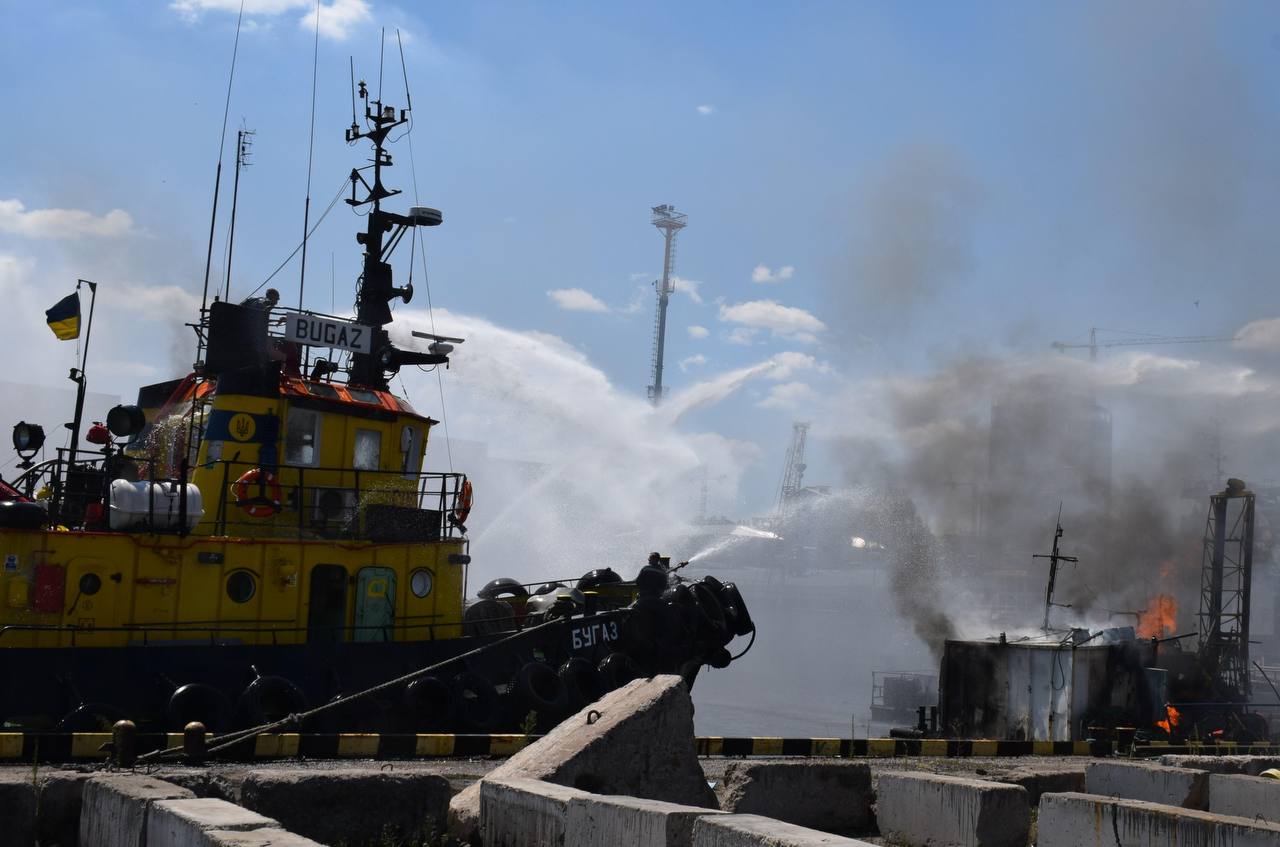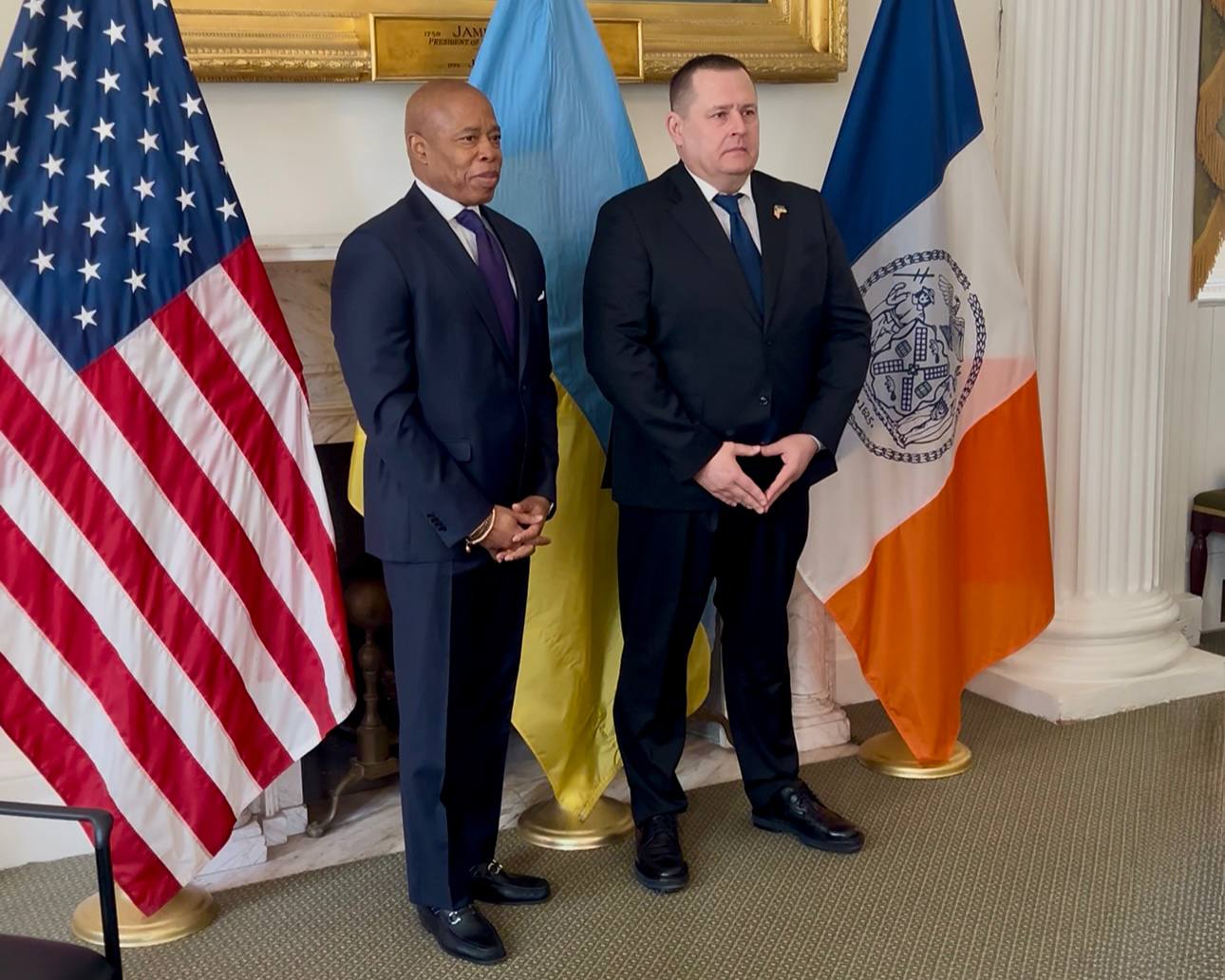The United States noted that it is necessary to take into account various unforeseen circumstances since Putin cannot be trusted.
The United States is working with Ukraine on a "Plan B" to unblock grain exports following Russian strikes on Odessa.
CNN writes about this with reference to the United States Agency for International Development (USAID).
Plan B involves road and rail and river and sending in barges and adjusting the rail systems so that they're better aligned with those in Europe so that the exports can move out more quickly
USAID

Power stressed that despite the security afforded by a contingency plan, "there is no substitute for Putin allowing the blockade to end and the grains being sent out the most efficient way possible."
We have been living the contingency plan because there's no way you can trust anything that Vladimir Putin says
USAID
The United States noted that it is necessary to take into account various unforeseen circumstances since Putin cannot be trusted.

Grain corridor: agreement and shelling of the port
On July 22, an agreement was signed in Istanbul to unblock three Ukrainian ports to export grain and other agricultural products. Infrastructure Minister of Ukraine Oleksandr Kubrakov and Russian Defense Minister Sergei Shoigu signed separate identical agreements with the UN and Turkey.
According to the agreement valid for 120 days with the possibility of extension, control over the ports of Odessa, Chornomorsk and Yuzhny remain entirely with the Ukrainian side. Vessels must move along the route approved by the parties without military escort, however, ships that go to Ukraine are inspected for the presence of weapons.
The very next day after the signing of the agreement, Russian troops attacked Odessa with four missiles. As a result of the shelling, there are wounded, the infrastructure of the Odessa Commercial Sea Port has been damaged. When Russian missiles attacked the port, grain was waiting for shipment, but the grain storage was not damaged.
A few hours after the Russian attack on the Odessa seaport, where grain was awaiting shipment, the UN responded to the crime of the Russians. UN Secretary-General António Guterres "unreservedly condemned the strikes on the Ukrainian port of Odessa." But he did not call Russia responsible for the missile attack and violation of the agreements.
Shortly after the shelling, Turkish Defense Minister Hulusi Akar said negotiations were held with the Russian side and the Russians assured that they "have nothing to do with this attack."
On the same day, Russian propagandist Yevgeny Popov cynically admitted that the invaders had hit the port of Odessa. Already on Sunday, the blow was confirmed by the Russian Foreign Ministry, the press secretary of the department, Maria Zakharova, said that the target of the "high-precision" attack was not grain, but a boat, and the Russian Defense Ministry undertook to boast of footage of the attack on the port infrastructure.
On July 23, The New York Times published an article in which an unnamed UN source claims that the Russian Federation did not technically violate the grain agreement signed in Istanbul with a missile attack on the port of Odessa. Like, Russia did not promise not to shell those parts of Ukrainian ports that are not directly involved in the export of grain.
The Foreign Ministry immediately turned to the UN leadership for clarification.
On July 24, 2022, the UN denied the statement that the Russian Federation "did not violate the agreement" by shelling the port in Odessa.




















